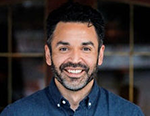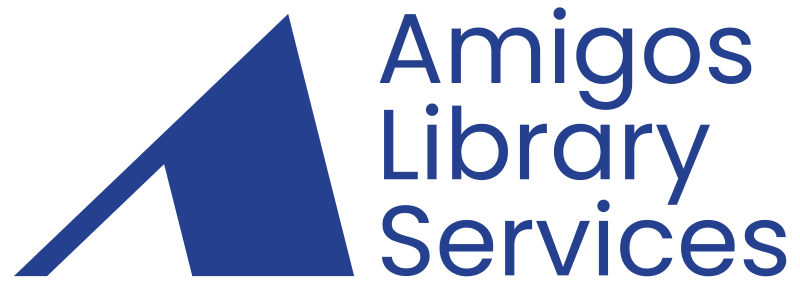Led by the work of the psychology professor Jeffrey Arnet and his article "Emerging Adulthood: A Theory of Development from the Late Teens Through the Twenties," emerging adulthood considers the period from the late teens through twenties as a time of distinct psychological and behavioral development that may result in individuals taking longer to achieve the traditional milestones of adulthood - moving out of their parents’ home, involving themselves in a career, getting married, and having children. As educational pursuits become more academically intensive, there can be little room left for learning basic life skills. As libraries begin to take on more unique roles in the community, offering Adulting 101 programs to teens and college students is a great way to prepare young adults for their first steps into independence. Gain an understanding of the opportunities for Adulting 101 programs, discuss the types of basic life skills teens want to learn, and look at examples of these types of programs from libraries across the country.
Topic Area
Contact
learning@amigos.org
Session Duration
This course consists of a 1-hour session.
Contact Hours
1
Instructor
 Miguel Figueroa
Miguel Figueroa
Prior to joining Amigos Library Services in 2020, Miguel served as director of the American Library Association's Center for the Future of Libraries; director of member programs at the American Theological Library Association; and director of the American Library Association's Office for Diversity & Spectrum Scholarship Program and Office for Literacy and Outreach Services. He has held positions with New York University Medical Center's Ehrman Medical Library and Neal-Schuman Publishers. Miguel is a graduate of the University of Arizona’s Knowledge River Program, an initiative that examines library issues from Hispanic and Native American perspectives.
